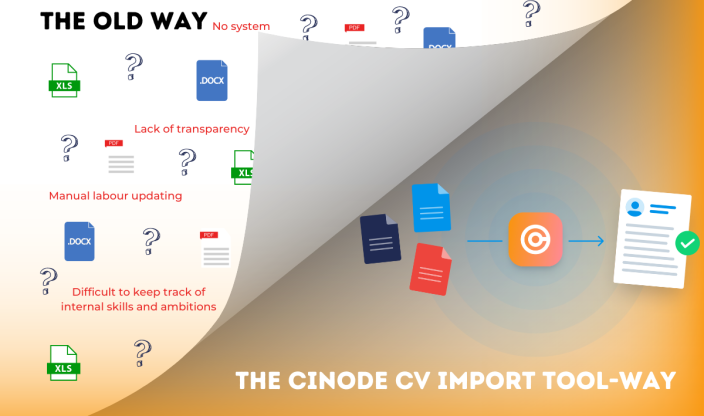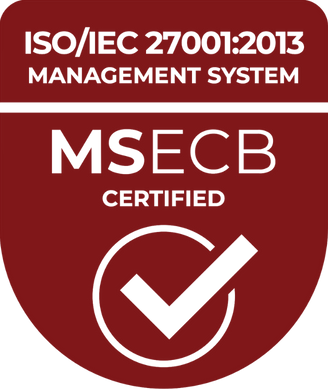3 Signs You Are Burning Your People Out

As a leader, you feel responsible for your people’s job satisfaction and general well-being. Yet, despite your best intentions, something keeps going south or feeling wrong, leaving you wondering why can’t people just do as you say and take care of themselves.
“We tried our best – you know the rest.”
Breaking news: people do as we do – not as we say. So, the best intentions are not enough. You need to follow your own advice, along with being brutally honest with yourself about which advice actually matter to you, your employees, and your business results.
Here are three good-intention stories I hear leaders tell themselves, hurting the sustainability of their performance as individuals, teams, and businesses. And to focus on the constructive and practical dialogue, the stories are followed by some suggestions on how you can reframe them to ensure a long-term success.
Story: I don’t want to overload my people, so I’ll do it myself
Problem: You want your people to rest and recharge, yet there is always more work to be done. It might seem smart and caring of you to take on the extra tasks and work long hours for the sake of offloading your people, but by doing so you are digging yourself a hole. With your actions, you are showing your employees it’s not OK to rest because there is more to do. When you don’t give yourself permission to check out and rest, you take away the factual permission for your employees to do so even if your words say the opposite and your intentions are the purest ones.
Solution: Start taking proper rest yourself. Science is clear on that: small breaks often are huge contributors to one’s improved productivity, better health, and the sense of life satisfaction. So you’d better commit to taking those real breaks because all the employee eyeballs are on you as a leader, and you pave the others’ way to well-being and productivity.
What does it mean in practice?
- Use your full lunch break for just that – a break. Done eating 15 minutes into the break? Great, you now have time for a walk, a nap, a meditation, or for just sitting and chatting with colleagues!
- Limit your evening work to a certain amount, put an alarm on your phone, and stop working when it goes off.
- Don’t work on the weekends.
- Talk more about your hobbies and free time with your team to show that quality free time matters.
- Share with the team the boundaries you are setting for yourself and ask them to hold you accountable.
Story: I don’t trust with some of the tasks, so I don’t delegate
Problem: It is not easy to keep up with the business needs, hire and retain the talent that your growth requires. And when you do succeed with that, you sabotage the success by letting your rockstars sit on the bench, watch the game from the field side, and rot losing their talents and hard-earned skills.
The result? People feel unhappy and unfulfilled, lose motivation, disengage, and start looking for a better work-life elsewhere. Why do you need all those great minds around you if you don’t let them shine? How about letting them do the job they were hired for, take initiatives, show their passion, learn and improve, all while you will have time and headspace for strategic work and leading your people instead of managing tasks?
Solution: Dig deep into where the lack of trust in your people is coming from. The surface reasons could be the lack of time for proper delegation and training in the task. Or your personality – “it’s just how I am, I want to personally make sure things get done properly”. Or your perfectionism – “they just don’t do it as well as I would do it myself”. Who said that your way is the best or the only right way? Who says that anything but perfect is not good enough? And how much can you do yourself before you drop or get so exhausted that your “perfect” becomes mediocre? Once you find the root cause for your thought patterns and behaviors, you will find the beauty in letting your people play and shine their brilliance, feeling better and creating space for you all to breathe as well.
What does it mean in practice?
- Ask yourself “why?” five times to really get to the root cause of the issue. Often it’s hard to be blatantly honest with yourself about these root causes, so it’s best to do this practice with someone else – your partner, friend, mentor, or coach. If done right, the exercise results will surprise you. Your trust issues might stem from genuine care, passion, or fear of… success.
- Cliche coming here… Do something that scares you every day. Find a tiny task that you have been doing even though someone else could do it just as well, better, differently, or at least well enough. Delegate, sit down onto your hands on the side bench, hold your breath and watch. The odds are: your business will not crush, your employee will thrive, and you will get the precious time and energy for other things.
Story: I’m OK! I’m still driven, just have no joy and motivation from my work anymore
Problem: You have successfully come this far with your career. You’ve set many goals, the next one higher, bolder, bigger than the previous one, and you have achieved them all. You know there is still more to achieve, yet new goals don’t give that tickling rush anymore. You run towards the goal in the hope to find joy or a sense of achievement there, but there is only a void behind the finish line. This rat race is tiring and disappointing for you, and as a result, the exhaustion and emotional numbness are spreading among your team.
Solution: find new driving forces that will help you set more sustainable goals and lead your team in a way that brings joy and a sense of purpose, instead of anxiety and a feeling of never being enough.
What does it mean in practice?
- Work on strengthening your self-esteem so that your belief in your own value does not depend solely on your achievements. Leaders with strong self-esteem exercise more sustainable behaviors and positively affect their employees’ performance.
- Take some time off to reflect on what you stand for and really want in life and work. To be a sustainable leader and an enabler for your team, you need to start with yourself and be clear on your goals, values, and boundaries. Arrange a personal conference – an offsite like the ones you most probably do with your team, but this time, do it alone and focus solely on yourself.
You are intelligent, ambitious, and resilient. Otherwise, you would not get to where you are right now. But you are not a machine, and neither are your people. So take that courageous step of slowing down and spending time for deep reflection and honest introspection. That will not kill your operations or success. Instead, it will guide you to the things that truly matter and will help you be the leader who makes everyone and everything around them thrive.

Guest blogger - Anna Liebel, Leadership and Team Development Consultant
Guest blogger - Anna Liebel, Leadership and Team Development Consultant
You may also like...
All posts
Jun 28 2023 · Entrepreneurship, Skills Management
Bridging the gap between Swedish companies and Polish IT talent

Apr 28 2023 · Cinode News, Skills Management
Easily create customized CVs with Cinode’s CV import tool

Apr 20 2023 · Consulting, Sales, Skills Management
How do you work more skills-based within your company?

Apr 04 2023 · Cinode News, Skills Management
5 Easter eggs for eggstra effective Skills Management

Mar 23 2023 · Consulting, Sales, Skills Management
“If you sell competence, you always need to be on top of how you develop your skill set”

Feb 22 2023 · Skills Management
How can Skills Management help your company?

Feb 16 2023 · Skills, Skills Management
How to identify and recruit transferable skills

Feb 07 2023 · Skills Management
Flying start 2023 – how to succeed with your skills growth plan

Dec 21 2022 · Skills Management
Latest in Skills Management from the past year

Dec 08 2022 · Cinode News, Skills Management
This is how utilization works in Cinode (Video)

Dec 01 2022 · Cinode News, Skills Management
Add the right person to the right role with the right data (Video)

Nov 29 2022 · Skills, Skills Management
